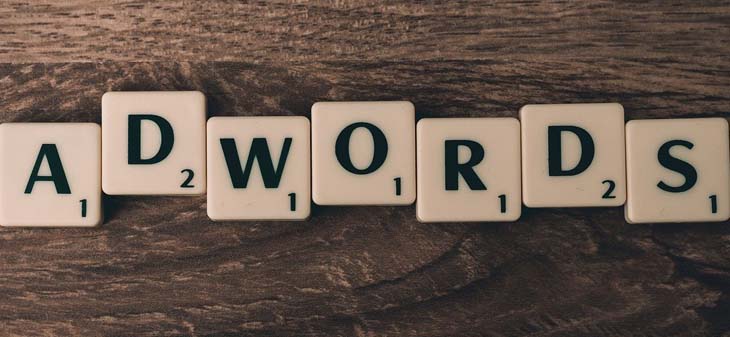 “Can competitors use my name in Adword campaigns?” I hear the question a lot. And some folks are surprised to learn that the answer is “sometimes.” Yes, digital promotional parameters apply. But sometimes it’s perfectly fine to use competitors’ names when buying adwords, like in the lawsuit outlined below.
“Can competitors use my name in Adword campaigns?” I hear the question a lot. And some folks are surprised to learn that the answer is “sometimes.” Yes, digital promotional parameters apply. But sometimes it’s perfectly fine to use competitors’ names when buying adwords, like in the lawsuit outlined below.
Dissolved Partnership Leads To Adwords War
A Florida lawsuit between two allergy doctors is a good case study to highlight ad-word legalities.
History: Doctors Start Practice Together
In the late 1990s, two doctors, whom we’ll call Dr. Nose and Dr. Throat, opened a sinus and allergy center. But by 2011, they’d parted ways.
One Party Bought Google Adwords That Incorporated The Other Party’s Name
According to reports, after the two doctors dissolved their partnership, Dr. Nose:
- Incorporated under the name of the old partnership practice — allegedly without telling Dr. Throat
- Registered a handful of domains, which incorporated Throat’s name, and forwarded those domains to a branded website
- Bought Google Adwords that included Throat’s name
Broken Partnership Dispute Leads To Cybersquatting and Online Trademark Lawsuit
Dr. Throat felt Dr. Nose’s adwords purchase crossed a legal Rubicon — so he filed a lawsuit. The doctor argued:
- Cybersquatting
- False designation of origin
- Unfair competition
- False advertising
- Unauthorized publication of names and likeness
What Must Plaintiffs Prove to Win an Adwords Lawsuit?
To win, Dr. Throat needed to prove that his name “acquired a recognizable secondary meaning.” To put it another way, he had to prove that he was a “famous” ears-nose-and-throat guy in south Florida.
In deciding whether or not a claimant satisfies the secondary meaning test, judges consider:
- The length, nature, and public recognition of use
- Past promotional efforts involving the phrase or name under consideration
- “Branding veracity,” or how much time and money was spent promoting a public connection between a name and business
As proof, Throat offered evidence of lectures, industry presentations, articles, and patient testimonials.
Trial Court Sides with Plaintiff in Online Trademark Case
The district court ruled for Throat and awarded $6,000 in damages, deducing that his name had acquired secondary meaning in south Florida.
But Dr. Nose appealed, and the 11th Circuit Court reversed the lower court’s decision.
Ultimately, the bench reasoned that Dr. Throat’s evidence didn’t “promote a conscious connection between [his] name and [his] services.”
What Is The Important Adwords Lawsuit Takeaway?
In certain cases, it’s legal to use another company’s or person’s name in promotional efforts. However, if a party is “famous” in a given niche, it “secondary meaning” parameters may kick in. For example, “Walmart” can’t buy up a bunch of domains that include the word “Target.”
Chat With An Attorney
If you’re battling over adwords or domains, get in touch. I’ve worked with countless clients on a variety of online copyright issues — and have the answers you need.





